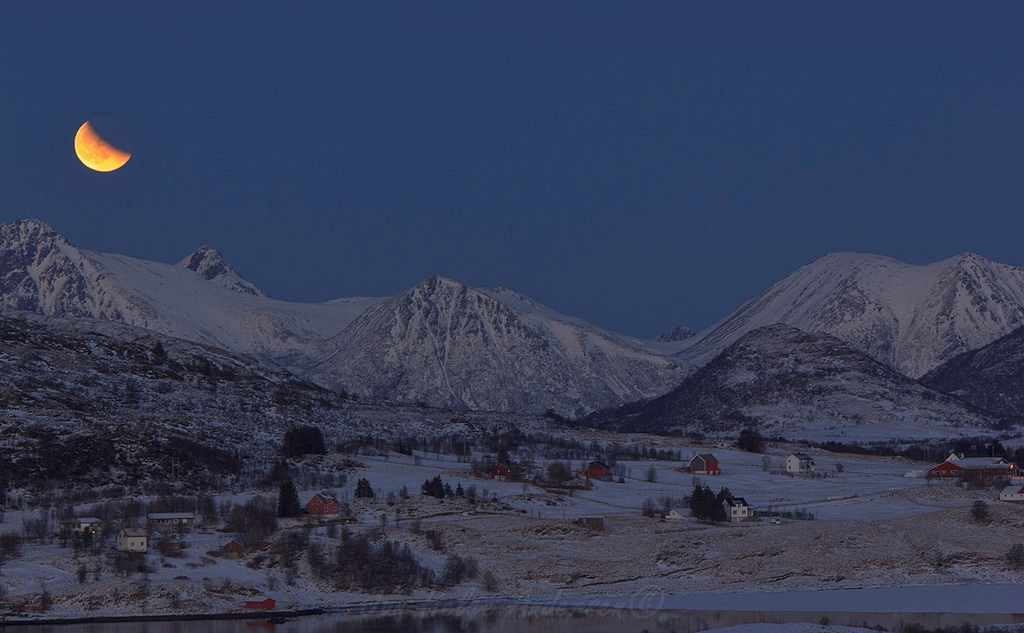Fourth World Aesthetics
In Appreciation of the Music of Jon Hassell
and the Philosophy of Alfred North Whitehead
Living in the Dreaming
“Dreaming” is a strange, abstract piece of music from a guy who only makes strange, abstract pieces of music and who’s been operating on the fringes for many years. But Hassell called it “Dreaming” for a reason. And while it doesn’t hit the pleasure centers like a great pop song might, “Dreaming” is a warm, enveloping, comforting listen. It’s not as shapeless as ambient or as rigorous as most experimental music, but you feel like you can fall into it and just live there." (Tom Breihan in Stereogum)
Fourth World Philosophy and Aesthetics
Fourth World Thinking
|
Fourth World Aesthetics
|
Quotes from Jon Hassell
A unified primitive/futuristic soundTrumpeter Jon Hassell was the originator and unrivaled master of the musical aesthetic he dubbed Fourth World -- in his own words, "a unified primitive/futuristic sound combining features of world ethnic styles with advanced electronic techniques." Music from unknown and imaginary regionsDrawing on minimalism, electronics, ethnographic recordings and his own background, Hassell presented a sensuous amalgam of sound, taking a strand of music from an indigenous culture and allowing it to form the mutant combination of ancient and futuristic that has been Hassell's métier since the late '70s. Hassell described it as music from "unknown and imaginary regions." |
Combining "Third World" Music with "First World" Technology"In those days, the Cold War days, there was the First World and basically the unspoken Second, which was the Soviet empire," Hassell once explained to an interviewer. "Anything outside of those two was called Third World, and it usually meant less developed countries. And those less developed countries were places where tradition was still alive and spirituality was inherent in their musical output, for lack of a better term. [Fourth World] was like '3 +1.' The idea was the merging of the traditional and spiritual side from the Third World with the First World technology, using the harmonizer and that kind of thing." |
Jon Hassel interviewed by Jason Gross in Perfect Sound Forever (1997)
PSF: The record really has an 'other-worldly' quality to it like it's transporting the listener somewhere.
That was me. That's what I was trying to do. I was trying to transport myself. The exotic is central to me. I don't understand why the 'exotic' doesn't have the automatic appeal for everyone that it does for me. In fact, I think it does but it's just not acknowledged. I put that experience first and foremost. It's not as though I have a 'real life' with glimmers of exoticism--like living in a Victorian house with exotic trophies around the room--it's more, 'If something really feels good, then why don't you do it all the time instead of only doing it on Saturdays?' Fourth World is an entire week of Saturdays. It's about heart and head as the same thing. It's about being transported to some place which is made up of both real and virtual geography. It's about a beautiful girl and a beautiful situation at the same time.
PSF: You have erotic aspects to your work then?
The title of the last record I did, Dressing For Pleasure, is a code name used in the fashion/fantasy/fetish world. I like the idea that there are an infinite number of results to 'dressing for pleasure' and only one - nakedness- for 'undressing for pleasure'. It has to do with creativity in ornamenting one's life.
I felt that it was time for me to break out of the grey norms of 'new music' in titling, subject, etc. I was also coming to terms with the reality of what was actually going on in my life. All the music I've done is --in some sense-- an accompaniment to my fantasy life. This goes back to that Western dichotomy between the sensual and the intellectual. I've tried to merge those things. It's saying that all of these things are connected-- not spirituality over here and sex over there. It's all one thing which has become divided because of an over-reliance on verbality and abstraction at the expense of feeling and spirit .
PSF: Could you talk about the ideas behind Dream Theory?
The title itself comes from an account of visiting a tribe in Malaya. They had this culture of 'dream people.' The Senoi was one of the tribes. Their ideas about dreams were that they were as important to daily life as anything else was. They would gather in the longhouse each morning and children would recount their dreams and they would be interpreted then. For instance, a child's dream of falling would be interpreted as a gift from the God that would teach you to fly. They're instructed to continue the dream. So the next night would be another sequence and it would become like 'dream work.' You could control attitudes and events based on how you led yourself to dream them. What an interesting way to interpret that. In standard Freudian terms, those dreams of falling would reveal 'underlying anxiety'. Through their eyes, it's a gift--something to be thankful for, something to work with. Imagine how a culture would develop with that kind of framing of experience versus the dark view from Vienna, under all those rain clouds.
PSF: How did you see your ideas about 'Fourth World' develop over the next few years?
I wanted the mental and geographical landscapes to be more indeterminate- not Indonesia, not Africa, not this or that. I thought I was more successful in trying to create something that COULD HAVE existed if things were in an imaginary culture, growing up in an imaginary place with this imaginary music. It was made up of different elements and sometimes it would tilt toward a known territory like Southeast Asia as, for example, with Dream Theory In Malaya.


